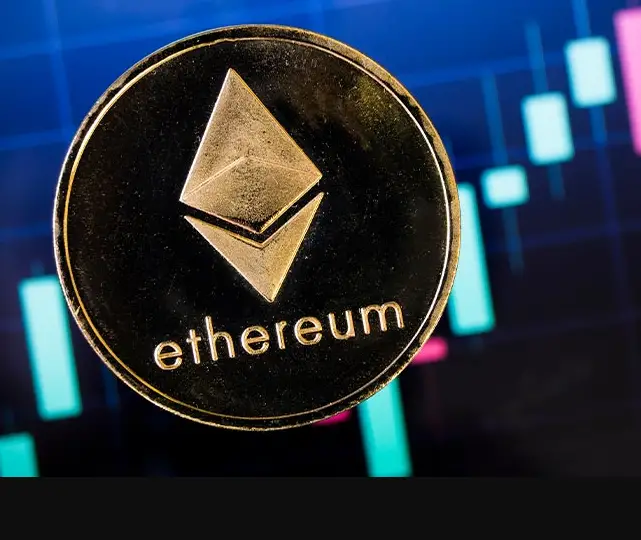Unveiling Ethereum Gas Fees: Understanding the Engine Behind Transaction Costs
Ethereum, the revolutionary smart contract platform, has captured the imagination of developers and users worldwide. Central to Ethereum’s transaction process is the concept of “gas fees,” which play a crucial role in determining the cost and priority of executing transactions and smart contracts. In this blog post, we will delve into the intricacies of Ethereum gas fees, exploring how they work, why they are necessary, and their impact on the overall ecosystem.

- What are Ethereum Gas Fees? In the Ethereum network, gas fees represent the cost of computational power required to execute a transaction or interact with a smart contract. Each operation in a transaction consumes a specific amount of gas, and users must pay for this gas with Ether (ETH), the native cryptocurrency of Ethereum.
- Gas Limit and Gas Price: To initiate a transaction, users must specify both the “gas limit” and the “gas price.” The gas limit sets the maximum amount of gas the transaction can consume, preventing infinite loops or resource exhaustion. The gas price, on the other hand, determines how much Ether a user is willing to pay per unit of gas used.
- Calculating Transaction Fees: The transaction fee (in Ether) is calculated as the product of the gas used and the gas price. The total gas used is the sum of gas consumed by individual operations within the transaction. Miners (in Proof-of-Work) or validators (in Proof-of-Stake) receive these fees as rewards for including and processing transactions in blocks.
- Prioritizing Transactions with Gas Prices: Miners and validators have the freedom to choose which transactions to include in a block. To incentivize faster processing, users can set a higher gas price, making their transactions more attractive to network participants. Transactions with higher gas prices are typically included in blocks sooner, ensuring timely execution.
- Dynamic Gas Fees with EIP-1559: The Ethereum Improvement Proposal (EIP) 1559 introduced a significant upgrade to the Ethereum fee mechanism. This proposal replaced the traditional auction-style fee model with a more predictable and user-friendly structure. Under EIP-1559, the base fee is dynamically adjusted based on network demand. Users now only need to set a “priority fee” to incentivize faster processing.
- Mitigating Network Congestion: Ethereum’s gas fees play a crucial role in mitigating network congestion during times of high demand. When the network experiences a surge in activity, gas prices tend to increase, discouraging frivolous or spam transactions and prioritizing essential operations.
- Optimizing Smart Contracts for Efficiency: Developers play a pivotal role in optimizing smart contracts for gas efficiency. By writing code with fewer computational operations, developers can minimize gas consumption and reduce transaction costs for users.
- Gas Fee Challenges and Scalability: While Ethereum gas fees are an essential aspect of the ecosystem, they also present challenges. High gas fees can limit the accessibility and usability of certain applications, particularly for small transactions. To address scalability concerns, Ethereum is transitioning from Proof-of-Work to Proof-of-Stake with Ethereum 2.0, aiming to improve efficiency and reduce transaction costs.
Conclusion:
Ethereum gas fees serve as the fuel that powers the network, enabling secure and efficient transactions and smart contract interactions. As Ethereum continues to evolve and improve its scalability and efficiency, gas fees will remain a central consideration for developers and users alike. The dynamic nature of gas fees and the transition to EIP-1559 exemplify Ethereum’s commitment to creating a user-friendly, decentralized ecosystem that can accommodate a diverse range of applications and users worldwide. As the Ethereum community continues to innovate, the future looks promising for addressing scalability and ensuring that Ethereum remains at the forefront of the blockchain revolution.